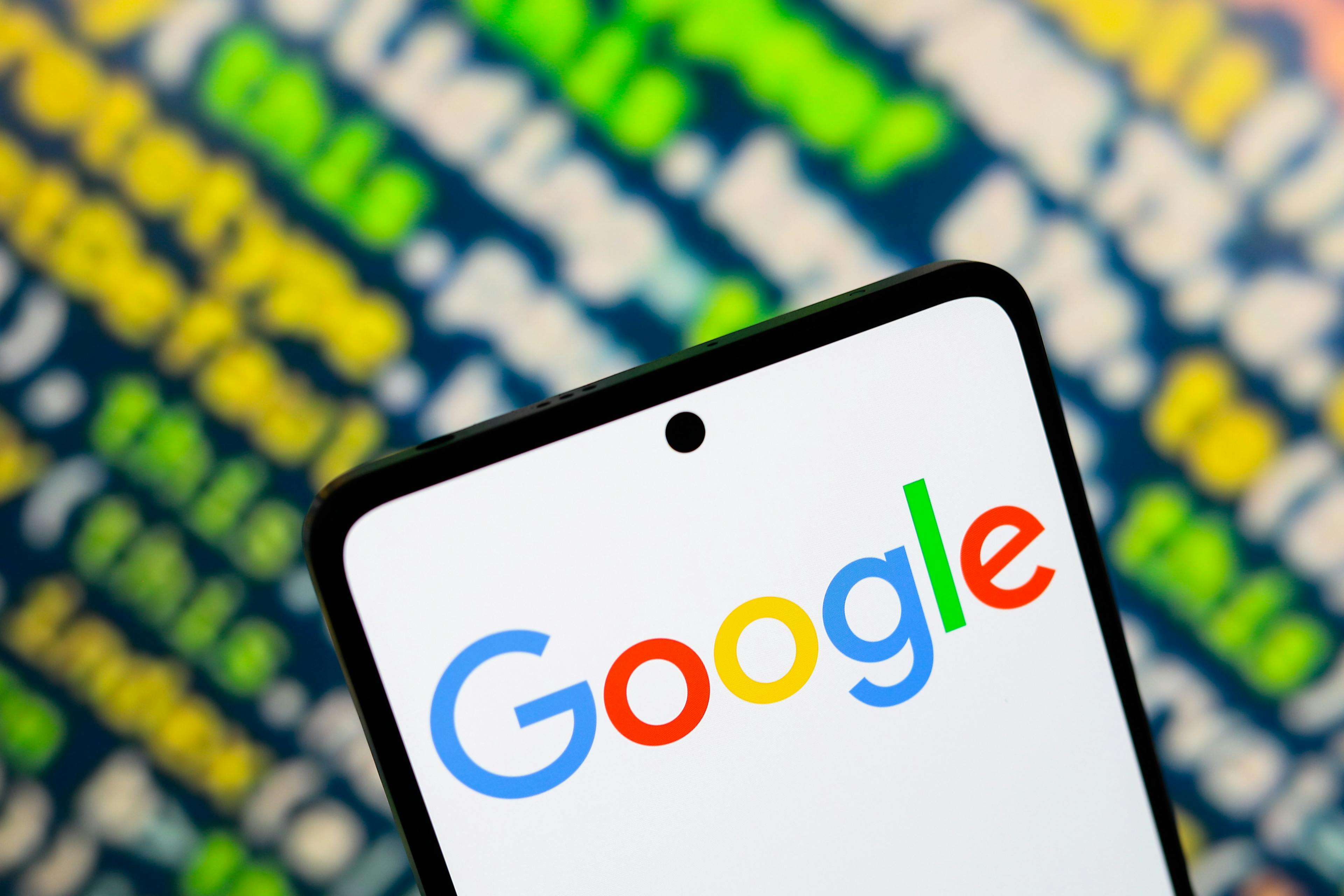Wall Street is starting to ask CEOs when their AI spending binge will actually make money
Sundar Pichai got peppered on AI ROI during Alphabet’s earnings call. Similar questions will probably come up for other tech giants.
Analysts who cover Alphabet, the parent company of Google and Youtube, used to ask about artificial intelligence with curiosity. Now they want to see results.
Sundar Pichai, Alphabet’s chief executive, spent much of his energy on a Tuesday earnings call assuring analysts that AI is driving new growth. Large tech companies started an AI investment blitz over the past few years, which has riled up investors. Alphabet alone has invested more than $12 billion in AI.
The tone among analysts has shifted from previous quarters (we went back through Alphabet’s prior earnings calls). That pivot underscores growing concerns on Wall Street that the massive amount of money that has been invested on AI may not translate to more profits soon enough.
Alphabet, which reports earnings before some of its other AI-exposed peers like Microsoft, got an early taste of what will likely be a running theme in big tech earnings calls moving forward.
Ross Sandler, an analyst at Barclays, said on Alphabet's earnings call that it looks like AI may be going from an “underbuilt situation” last year to “potentially being overbuilt next year” if the rate of investment in AI keeps up.
“How are we thinking about the return on invested capital with this AI capex cycle?” he asked.
Pichai responded by saying the risk of missing out on the benefits of investing in AI outweigh the risk that they may be investing too much.
“The one way I think about it is when you go through a curve like this, the risk of underinvesting is dramatically greater than the risk of overinvesting for us here, even in scenarios where if it turns out that we are overinvesting, we clearly – these are infrastructure which are widely useful for us,” he said.
Brian Nowak, an analyst at Morgan Stanley, pressed about adoption of Google’s AI capabilities. “We're sort of 18 months into this fever pitch around generative AI focus in the world,” he said.
In a later note to investors, Morgan Stanley said “it will be important to monitor user adoption and incremental engagement/monetization from these new offerings to help investors better understand” the return on investment from AI investments.
Doug Anmuth with JPMorgan asked about Google’s AI Overviews, the answer summaries featured in search results, and whether it has more monetization potential than its traditional search. (The summaries have been known to sometimes get things wrong.)
Analysts at UBS noted that Google search revenue is up, which means “shareholders are receiving an innovation-driven step-up in monetization” for that section of the business. It’s harder to tell if its Google Cloud Platform has benefited from those investments.
“So as far as we are concerned, the [return on invested capital] debate remains only partially resolved,” they said.
